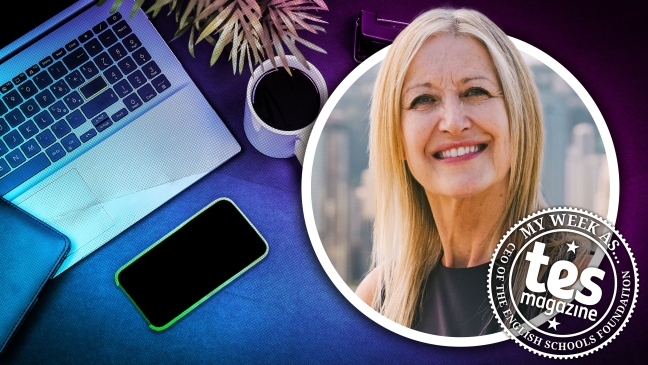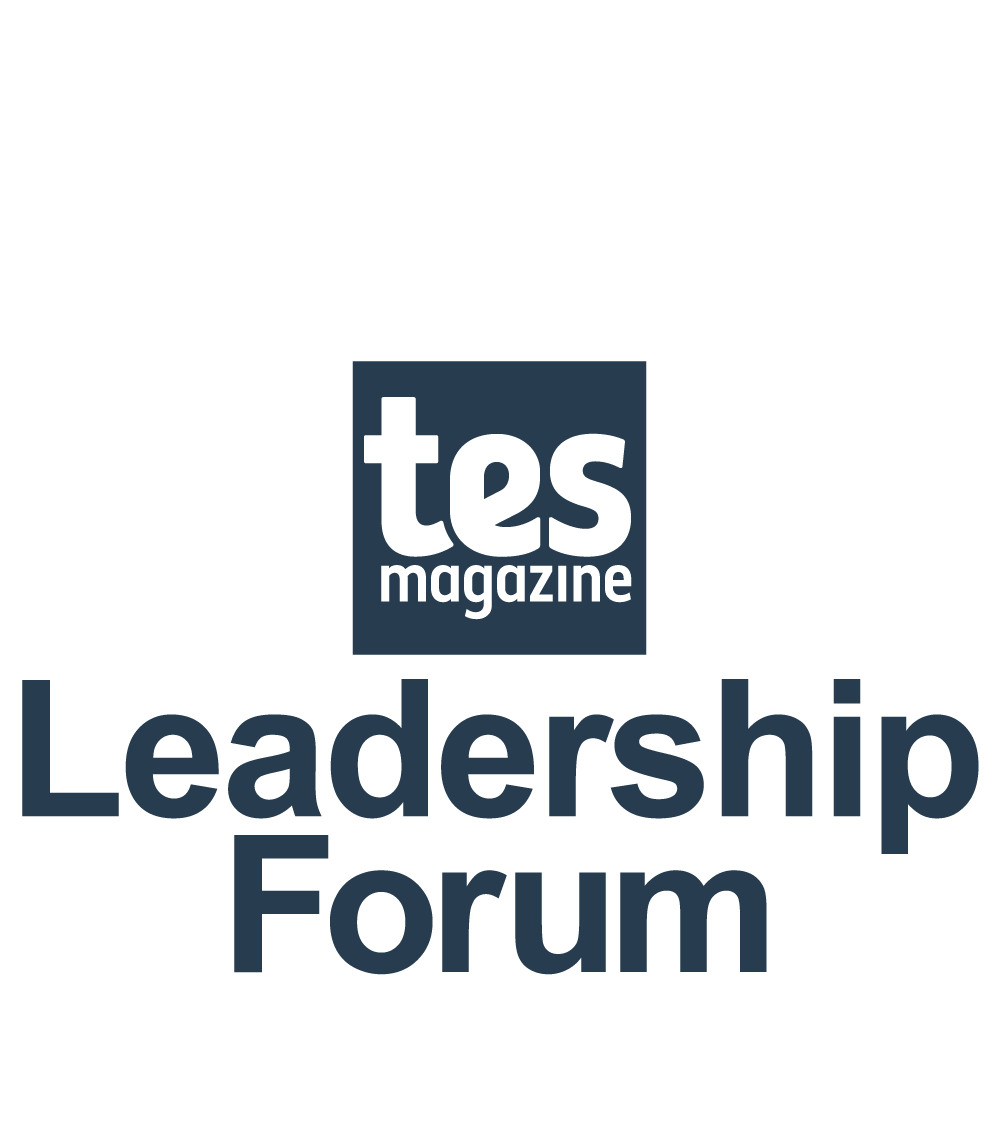- Home
- Leadership
- Strategy
- My Week As...CEO of the English Schools Foundation in Hong Kong
My Week As...CEO of the English Schools Foundation in Hong Kong

Belinda Greer has been CEO of the English Schools Foundation (ESF) in Hong Kong since 2013.
After working as a teacher in Abu Dhabi in the 1980s, she had a long career in Scottish education, including as a headteacher, school inspector and local authority education director.
Now, working with a board of governors, she has responsibility for running ESF and its 22 schools, including around 18,500 students.
She spoke to Tes about a typical week.
Engagement with schools
I start every day in a school - except Tuesdays, when I’ve got senior management team meetings - and people are often surprised by that. But to ensure you fully appreciate the impact of any decision, you’ve got to understand its effects on classrooms.
What’s lovely is the staff get to know you really well, right from the guard who operates the gate. And I think that starts to build up this real community.
Mostly you have good conversations, or get a sense of things ticking over, but sometimes something changes your way of seeing an issue. Certainly, going out and about during Covid - hearing from staff and how things were impacting them - helped in making important decisions.
Collaboration with senior leaders
I have a senior team with an education director, as well as directors of comms, HR, finance, facilities and governance; I also regard the principals as part of the senior leadership team. We meet every other Tuesday, then in other weeks it’s one-to-ones. Our executive leadership committee brings the 22 schools together every six weeks.
When I first came, the principals would say, “Just tell us what to do.” I said, “That’s not how we’re going to work.” The whole drive of ESF is about how we build capacity in the system - how do we create a culture of collegiality?
Over the years, it’s not always been easy - not everybody has agreed with everything, not everybody’s still here - but we now have a culture where people feel safe to challenge, where decisions aren’t mine alone and people have a lot of agency.
I invest a lot of time in this - it’s the way to effect change and ensure quality across the system.
Internal meetings
We have five advisory committees to the CEO - which I must meet, according to the Hong Kong ordinance [legislation] - and 17 school councils; they all meet about six times a year.
It means a lot of time in meetings, but what’s helped since Covid is that quite a number can now be held on Zoom. I still prefer to have everybody there in person, but meetings don’t take quite as long online.
One Thursday in September we were due to meet with the principals. They normally come in for three or four hours, but we had a typhoon heading our way and didn’t want the schools to be without their principal, so we moved onto Zoom.
That means I’ll halve what I was going to do - I won’t stand up and talk for 30 minutes on Zoom.
Strategic planning
At least once a week, for up to a couple of hours, I’m talking to people about strategic planning or doing some thinking around it myself.
Our strategic planning does not result in a rigid five-year plan of activities and goals. We have something more agile - not a free for all, but we’re trying to ensure that we’re actually improving practice and delivering excellent outcomes for our kids. We invest a lot in professional learning to help staff really think critically about what they do.
We look to ensure a really strong educational experience beyond just the International Baccalaureate. ESF kids do exceptionally well in the IB, but we’re an inclusive system and do much more. Our approach looks at competencies and skills for the future, giving kids a whole range of opportunities.
In September, for example, we had a reunion for 87 kids across seven schools - just starting Year 10, so doing IGCSEs - who had been away for six weeks to the outback in Australia with an outdoor-activities organisation. They had no phone, no contact with parents; it was about resilience, about opportunities to collaborate, communicate and take responsibility - it was transformational for the kids.
Presentations, networking and partnerships
I often go along to events - consulate meetings, chambers of commerce, South China Morning Post events, university fairs - to talk about education. There are also lots of opportunities within ESF to do that, with teachers or parents.
Developing networks in Hong Kong - such as with the Education Bureau, the Hong Kong Sports Institute, British Council, business and universities - is seen as an important way of working.
HR matters
The recruitment of senior staff was a big focus during Covid. We weren’t getting candidates with the right experience, which was understandable because once in Hong Kong you couldn’t travel out. While we still could attract teachers, it was more difficult to find principals. Now, we’ve filled the vacancies and have a really strong team - but that’s taken time.
I sign off on a lot of other HR matters, such as disciplinary issues, so I meet the HR director around twice a week. It’s standard for HR issues to take up two or three hours.
Personal time
I love running - if I didn’t run, I don’t think I would have the energy for the job. I can see the Hong Kong skyline along Victoria Harbour. It’s hot and sticky, so not perfect, but spectacular. Weekend runs are often staggered - people here love to stop for a wee chat, but I love that.
Being in Hong Kong has really opened up travel - teachers can go for a weekend to Vietnam. I love Thailand and Cambodia.
What would I like to do more or less of?
I don’t always live by the advice I give everybody else: I tell my senior team to take a leadership day - to step back and really think through some strategic issues. I would like to protect a little more time to see the big picture.
Belinda Greer was talking to Henry Hepburn
For key school and trust leadership insights delivered every month, sign up for the Tes Leaders’ Briefing newsletter
Keep reading for just £1 per month
You've reached your limit of free articles this month. Subscribe for £1 per month for three months and get:
- Unlimited access to all Tes magazine content
- Exclusive subscriber-only stories
- Award-winning email newsletters
topics in this article




